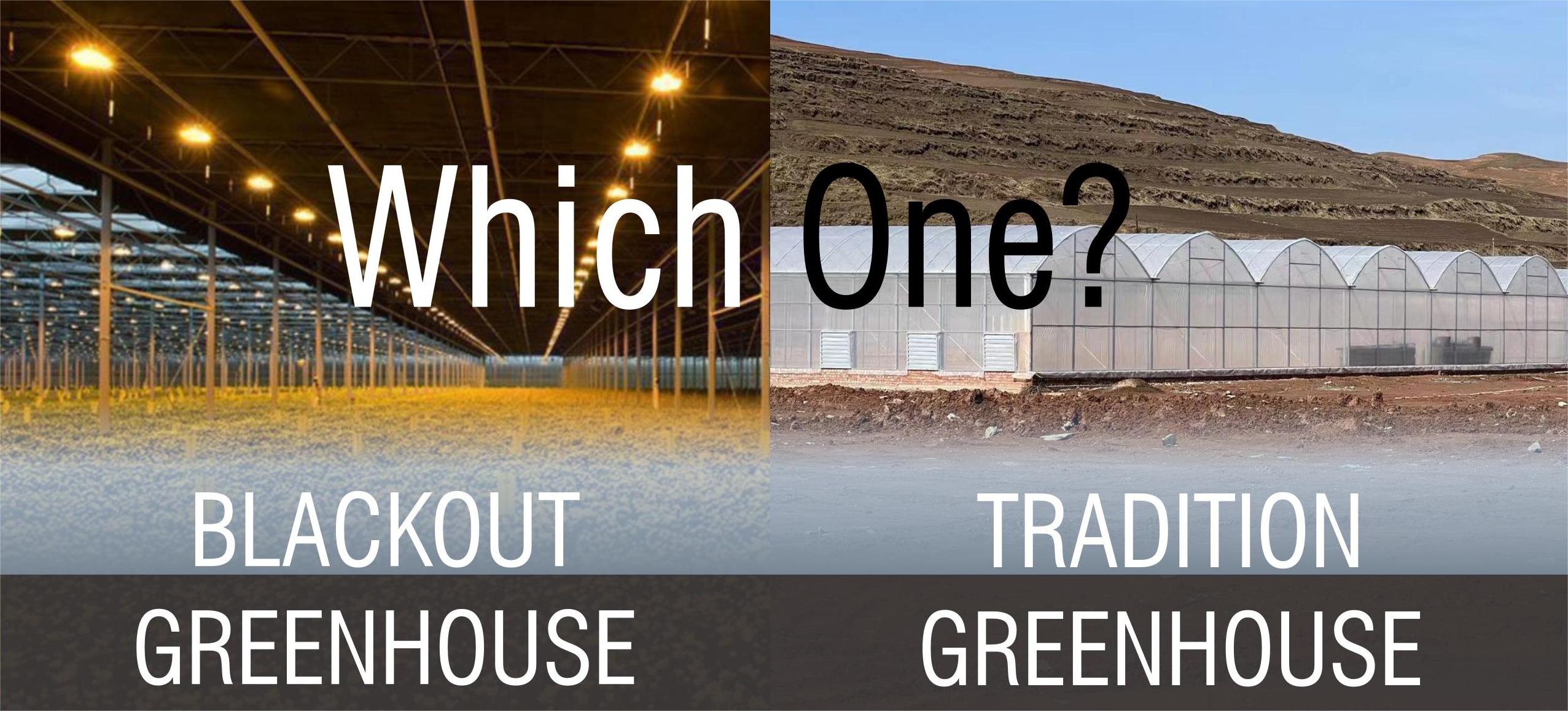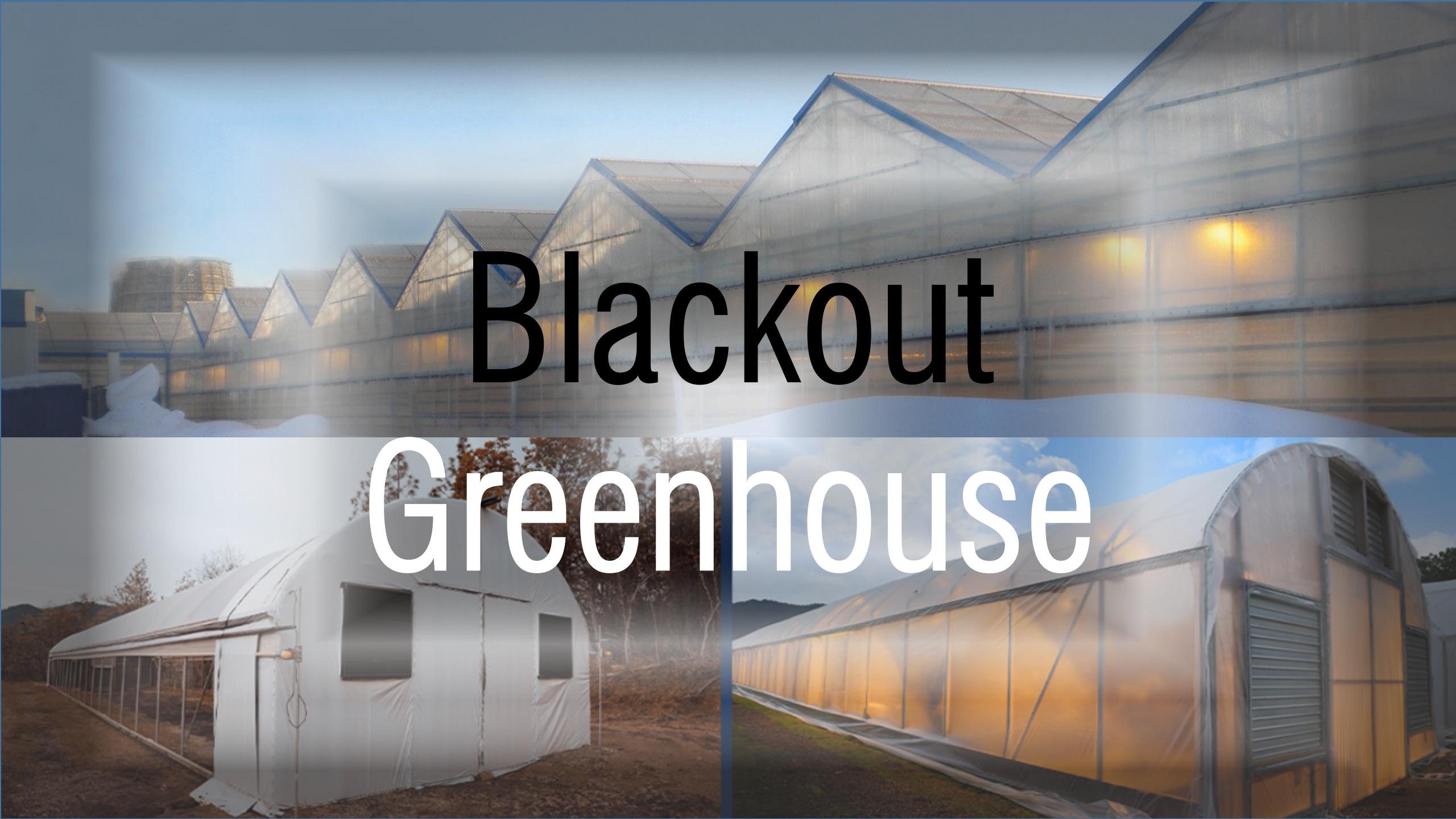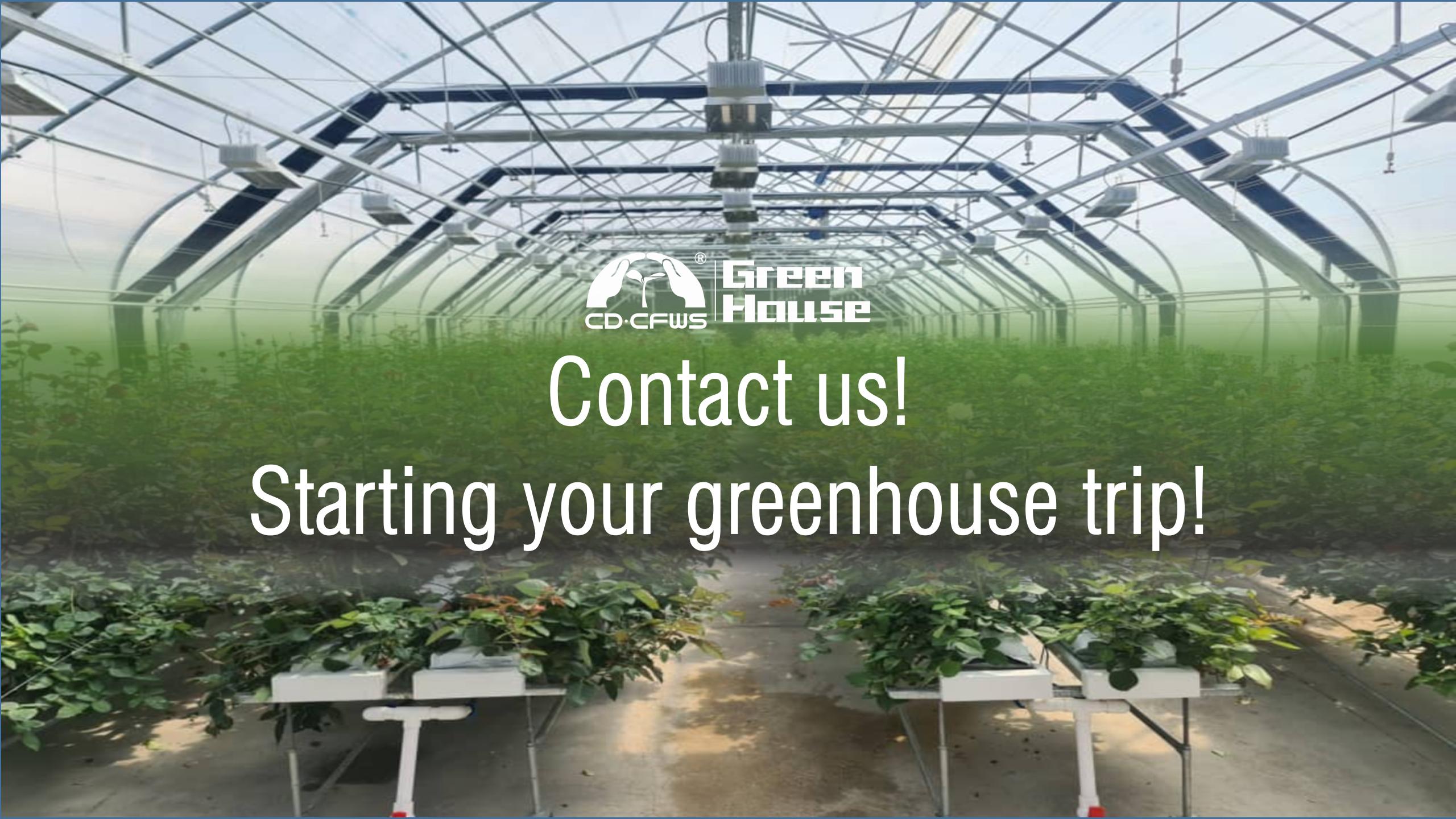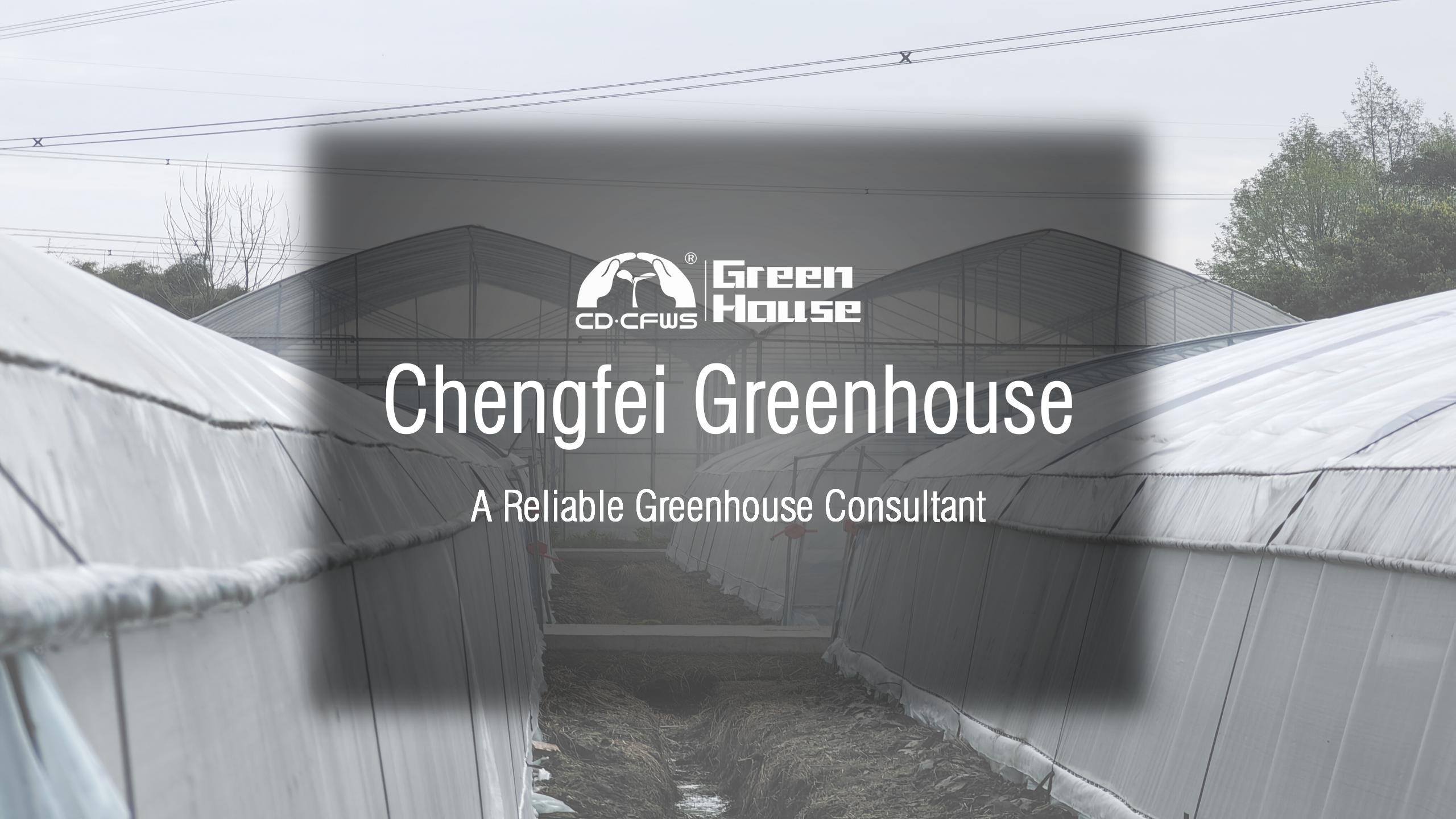
When considering greenhouse options, growers often find themselves weighing the pros and cons of blackout greenhouses and traditional greenhouses. Both types of structures offer unique features and advantages, but the choice ultimately depends on the specific needs and goals of the grower. Let's explore the key factors to consider when deciding between a blackout greenhouse and a traditional greenhouse.
One of the primary differences between blackout greenhouses and traditional greenhouses lies in their approach to light control. Traditional greenhouses rely on natural sunlight as the primary source of illumination for plant growth. While this can be advantageous in terms of energy efficiency and cost savings, it can also pose challenges in crops with specific light requirements. In contrast, blackout greenhouses provide precise control over light levels by blocking or manipulating natural light, enabling growers to create customized photoperiods and meet the specific needs of light-sensitive crops.

Another aspect to consider is environmental control. Traditional greenhouses typically provide some degree of environmental regulation through passive ventilation and shading systems. However, blackout greenhouses take this control to the next level with advanced automation systems. These systems can maintain consistent temperature, humidity, and airflow, creating optimal growing conditions for plants. Additionally, blackout greenhouses offer increased protection against pests and diseases due to the reduced entry of external contaminants.

Size and scalability are also important factors to evaluate. Traditional greenhouses come in a range of sizes, from small hobbyist structures to large commercial operations. They offer flexibility in terms of expansion and can be adapted to suit varying space requirements. On the other hand, blackout greenhouses are often purpose-built structures that require careful planning and design. They are well-suited for larger-scale commercial operations that require precise light control and advanced automation systems.
Cost considerations play a significant role in the decision-making process. Traditional greenhouses are generally more affordable to construct and operate, especially for smaller operations. They rely on natural lighting and passive environmental control systems, which can reduce energy costs. In contrast, blackout greenhouses require a more substantial upfront investment due to the specialized materials, automation systems, and light control mechanisms involved. However, they can offer long-term benefits in terms of enhanced crop quality, increased yields, and more efficient resource utilization.
Lastly, it's essential to consider the specific crop requirements and goals of the grower. Some crops thrive in traditional greenhouse environments, benefiting from the full spectrum of natural light and the inherent fluctuations in environmental conditions. Other crops, particularly those with specific light needs or those grown in regions with extended daylight hours, may benefit greatly from the precise light control and stable environmental conditions offered by blackout greenhouses. Understanding the unique needs of the crops being cultivated is crucial in determining which type of greenhouse will best support their growth and optimize yields.

All in all, the choice between a blackout greenhouse and a traditional greenhouse depends on factors such as light control requirements, environmental control needs, size and scalability, cost considerations, and specific crop requirements. Careful evaluation of these factors in light of the grower's goals and resources will help determine the most suitable greenhouse option. Whether it's the flexibility and affordability of a traditional greenhouse or the precise light control and advanced automation of a blackout greenhouse, growers can select the option that aligns with their unique needs and sets them up for success in their horticultural endeavors. If you want to discuss further details, feel free to talk with us.
Email: info@cfgreenhouse.com
Phone: (0086) 13550100793
Post time: Jun-07-2023







 Click to Chat
Click to Chat